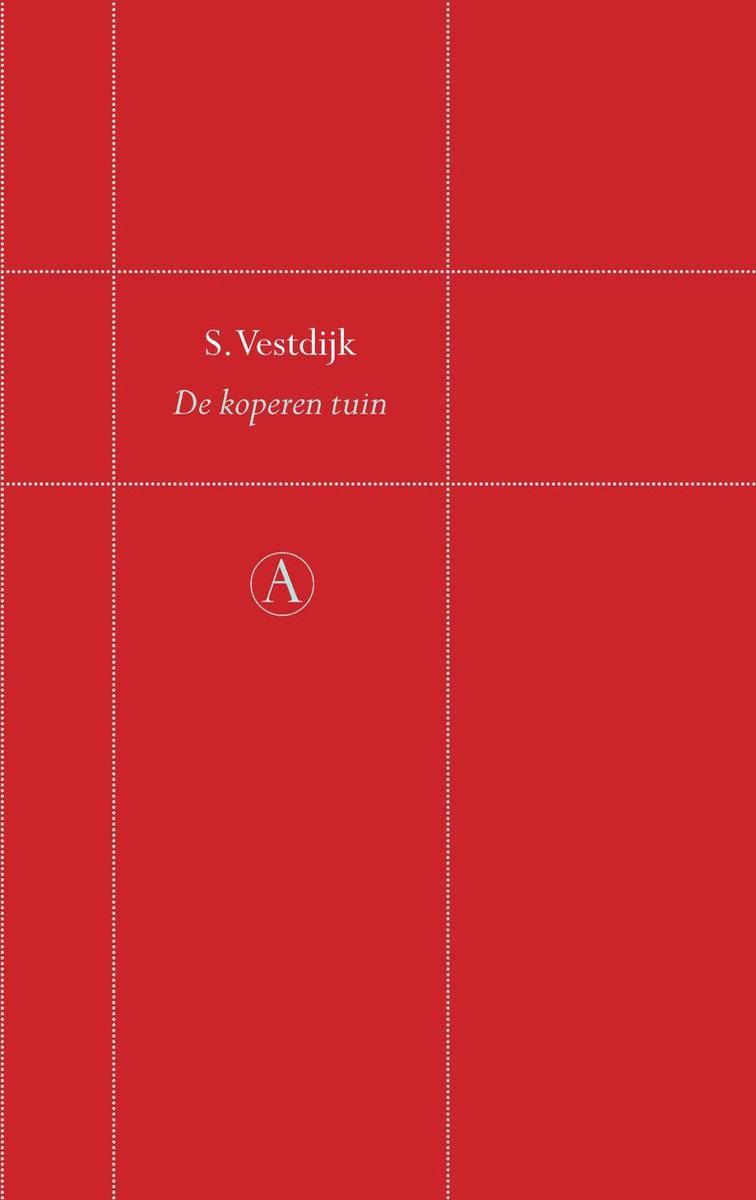Simon Vestdijk
Simon Vestdijk (1898-1971) is regarded as one of the greatest Dutch writers of the twentieth century. He attended medical school but in 1932 he gave up medicine in favour of literature, going on to produce no fewer than 52 novels, as well as poetry, essays on music and literature, and several works on philosophy.

He is remembered mainly for his psychological, autobiographical and historical novels, a number of which – Terug tot Ina Damman (Back to Ina Damman, 1934), De koperen tuin (The Garden where the Brass Band Played, 1950) and Ivoren wachters (Ivory Watchmen, 1951) – may be counted among the best works of Dutch literature. Vestdijk admitted to having been influenced by such illustrious European writers as Proust, Joyce and Mann. Much of his work reveals a desire both to mythologise the banality of everyday life, and to reduce the mythology of great events to the banal.
More Simon Vestdijk

The Garden where the Brass Band Played
‘Versatile’ is an understatement when it comes to Simon Vestdijk (1898-1971) and his literary talent. His oeuvre includes three weighty volumes of poetry, twenty essay collections dealing with subjects as diverse as music, literature and religion, and, last but not least, fifty-two novels. This man wrote ‘faster than God can read’, as was often said at the time. This is stunning when one takes into account that Vestdijk was also a doctor and furthermore severely depressive for several months each year. Everything was within his capacities and he shrunk at nothing. His novels (which won him the most fame) are realistic but also include subtle symbols and allusions to metaphysical problems.

Ivory Watchmen
In 'Ivory Watchmen' Simon Vestdijk chronicles the downfall of a gifted secondary school student called Philip Corvage. The boy – who lives with an uncle who bullies and humiliates him – is popular among his teachers and fellow students, writes poems which show true promise, and delights in delivering fantastic monologues sprinkled with Latin quotations.